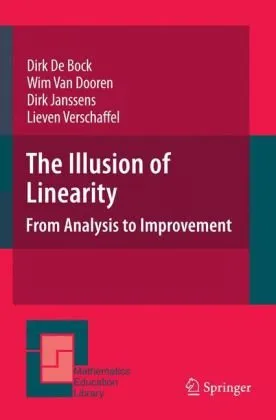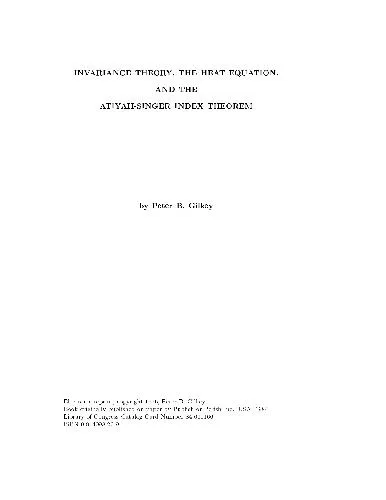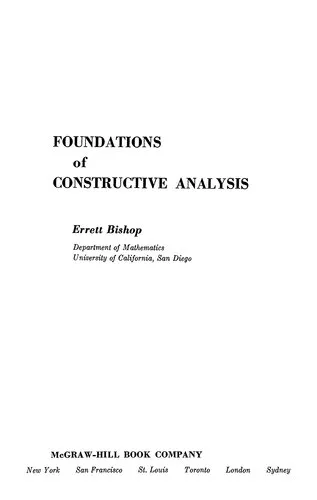The illusion of linearity: from analysis to improvement
4.6
Reviews from our users

You Can Ask your questions from this book's AI after Login
Each download or ask from book AI costs 2 points. To earn more free points, please visit the Points Guide Page and complete some valuable actions.کتاب های مرتبط:
Introduction
Welcome to a transformative journey into understanding the pervasive concept of linearity and its impact on education and beyond. "The Illusion of Linearity: From Analysis to Improvement" is an in-depth exploration penned by Dirk de Bock, Wim Van Dooren, and Dirk Janssens, aimed at demystifying the dominance of linear reasoning in cognitive processes. Whether you're a scholar, educator, or simply curious about cognitive sciences, this book provides critical insights into the educational implications of linearity illusions, as well as practical strategies for overcoming them.
Detailed Summary of the Book
The text delves into the realm of linearity, a concept that shapes much of human cognition and is often unquestioningly adopted across educational sectors. This book is segmented into comprehensive chapters that critically analyze the root causes and consequences of the linearity illusion. It not only identifies how linear reasoning is deeply ingrained into human cognition but also highlights how such thinking limits understanding in more complex, non-linear scenarios frequently encountered in mathematics and science education.
Each chapter unfolds with empirical research, showcasing case studies and experiments illuminating the effects of linearity illusions in real-world educational settings. The authors meticulously examine educational practices that inadvertently propagate linearity misconceptions and suggest pedagogies for overcoming these barriers. Incorporating theoretical and practical components, the book pivots from analysis to proposing concrete steps for educational improvement, ultimately aiming to foster a more nuanced approach to learning and teaching.
Key Takeaways
- Understanding the cognitive roots of the linearity illusion.
- Critically analyzing educational contexts perpetuating linear thinking.
- Implementing educational practices to counter linearity misconceptions.
- Strategies for teaching complex topics requiring non-linear reasoning.
- Impact of overcoming linearity illusions on overall student comprehension.
Famous Quotes from the Book
“The illusion of linearity is not just a simple misconception; it is a deeply seated cognitive bias shaped by years of education and exposure to culturally dominant heuristics.”
“To breach the linearity fortress, one must not only challenge individual beliefs but transform educational paradigms.”
Why This Book Matters
In a rapidly evolving world where complex, non-linear problems abound, understanding the limitations of linear reasoning is crucial. "The Illusion of Linearity" offers insight into the cognitive biases and educational systems that perpetuate linearity misconceptions. By addressing these challenges head-on, this book plays a pivotal role in reshaping educational strategies, enabling educators and learners to approach complex problems more effectively.
Moreover, this book serves as a catalyst for wider discussions on how educational reforms can break away from entrenched paradigms. By advocating for an education system that embraces complexity and non-linearity, "The Illusion of Linearity" doesn't just analyze a pervasive issue; it offers solutions for building a more adaptable and aware learning environment for future generations.
Free Direct Download
You Can Download this book after Login
Accessing books through legal platforms and public libraries not only supports the rights of authors and publishers but also contributes to the sustainability of reading culture. Before downloading, please take a moment to consider these options.
Find this book on other platforms:
WorldCat helps you find books in libraries worldwide.
See ratings, reviews, and discussions on Goodreads.
Find and buy rare or used books on AbeBooks.
1401
بازدید4.6
امتیاز0
نظر98%
رضایتReviews:
4.6
Based on 0 users review
Questions & Answers
Ask questions about this book or help others by answering
No questions yet. Be the first to ask!













